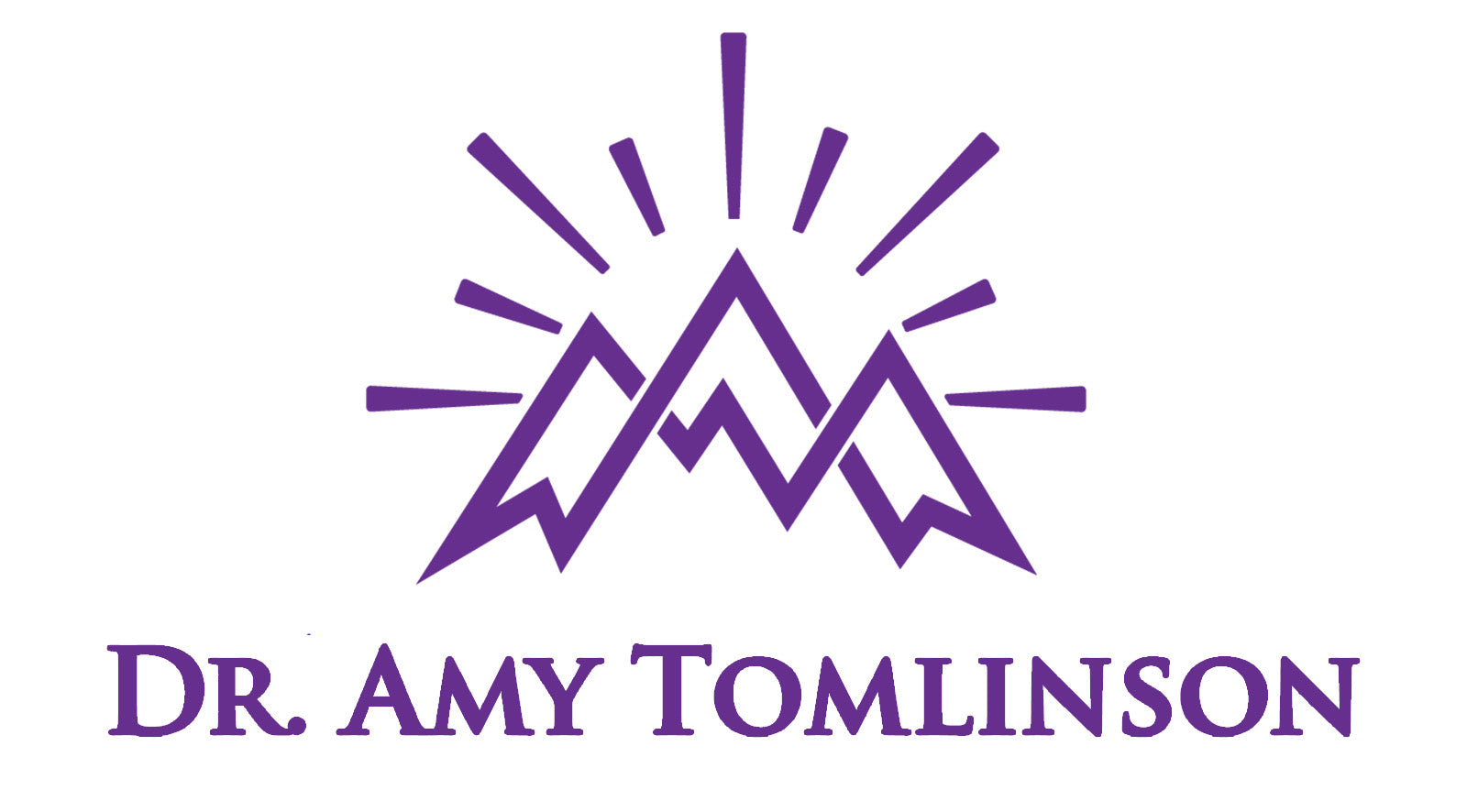Hot flashes are one of the most common and disruptive symptoms of menopause, but they don’t have to control your life. Dr. Amy Tomlinson provides insights and effective solutions to help you manage and reduce the frequency and intensity of hot flashes.

Menopausal Woman Experiencing Sudden Intense Heat Due To Hot Flashes
Understanding Hot Flashes
Hot flashes are sudden feelings of intense heat, often accompanied by sweating, a rapid heartbeat, and flushed skin. They can occur during the day or night (night sweats) and vary in frequency and intensity. They result from hormonal changes during menopause that affect the body’s temperature regulation.

Woman Drinking Plenty Of Water After Exercise To Stay Hydrated And Regulate Body Temperature
Effective Solutions for Managing Hot Flashes
- Lifestyle Modifications: Simple changes in your daily routine can make a big difference.
- Stay Cool: Dress in layers, use a fan, and keep your living space cool. Avoid triggers like hot drinks, spicy foods, and alcohol.
- Hydration: Drink plenty of water to stay hydrated and help regulate your body temperature.
- Dietary Adjustments: Certain foods and drinks can trigger hot flashes.
- Balanced Diet: Focus on a balanced diet rich in fruits, vegetables, whole grains, and lean proteins.
- Avoid Triggers: Minimize caffeine, alcohol, and spicy foods that can exacerbate hot flashes.
- Exercise Regularly: Physical activity can help regulate hormones and improve overall well-being. Aim for at least 30 minutes of moderate exercise most days of the week.
- Stress Management: Stress can trigger or worsen hot flashes.
- Relaxation Techniques: Incorporate practices like yoga, meditation, deep breathing exercises, or tai chi to reduce stress levels.
- Adequate Sleep: Ensure you’re getting enough sleep, and create a cool, comfortable sleeping environment to help manage night sweats.
- Hormone Replacement Therapy (HRT): For some women, HRT can effectively reduce hot flashes by balancing hormone levels. Consult Dr. Amy Tomlinson to discuss the risks and benefits and determine if it’s right for you.
- Non-Hormonal Medications: If HRT isn’t suitable, other medications like antidepressants, gabapentin, or clonidine can help manage hot flashes. Always consult with your healthcare provider before starting any new medication.
-
Alternative Therapies: Some women find relief through alternative therapies.
- Herbal Supplements: Black cohosh, soy isoflavones, and red clover are popular, but their effectiveness varies. Consult Dr. Amy Tomlinson before trying these.
- Acupuncture: Some studies suggest that acupuncture can help reduce the frequency and severity of hot flashes.

Doctor Prescribing Hormone Replacement Therapy (HRT) To Alleviate Hot Flashes By Balancing Hormone Levels
When to Seek Professional Help
If hot flashes are severe or significantly affecting your quality of life, it’s important to seek professional help. Dr. Amy Tomlinson can provide a thorough evaluation and recommend the best treatment options based on your individual needs.
Take the hormone quiz today to better understand your symptoms and find the right path forward.
Managing hot flashes can be challenging, but with the right strategies and treatments, you can find relief and improve your quality of life. Dr. Amy Tomlinson is here to support you with expert care and personalized solutions.
















